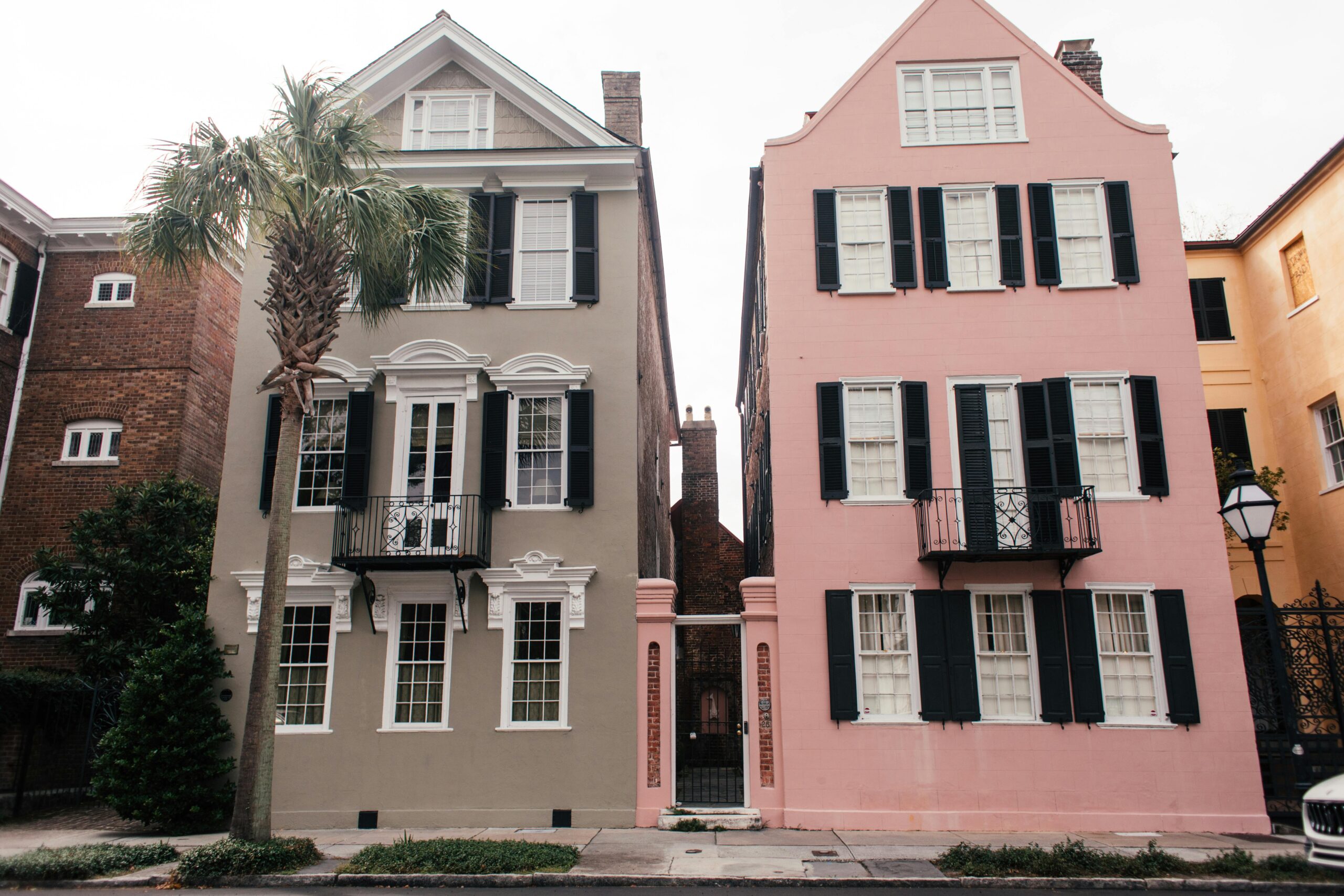Charleston, South Carolina, has consistently been ranked as one of the best places to live, work, and visit in the United States. With its rich history, stunning natural beauty, and thriving economy, it’s no wonder many people consider making the move to this coastal city. However, as with any location, there are both advantages and disadvantages to living in Charleston that are important to consider before relocating.
The Pros of Living in Charleston, South Carolina
1. Charming Southern Lifestyle
Charleston is known for its southern hospitality and slower pace of life, offering a refreshing contrast to fast-paced metropolitan areas. Residents enjoy a close-knit community feel, where friendly interactions and a welcoming atmosphere are part of daily life. Charleston is frequently ranked as one of the friendliest cities in the U.S..
2. Historic Charm and Architecture
Founded in 1670, Charleston is rich in history and preserved architecture, featuring cobblestone streets, antebellum homes, and historic landmarks. The Charleston Historic District is a designated National Historic Landmark, offering a glimpse into the city’s storied past with sites like Rainbow Row and The Battery.
3. Stunning Beaches and Outdoor Recreation
Charleston boasts access to three main public beaches—Isle of Palms, Sullivan’s Island, and Folly Beach—providing residents with beautiful coastlines for relaxation and recreation. Outdoor enthusiasts can also enjoy kayaking, boating, fishing, and birdwatching throughout Charleston’s waterways and marshes.
4. Thriving Economy and Job Opportunities
Charleston’s economy is diverse, with major industries including tourism, aerospace, defense, healthcare, and manufacturing. The city is home to major employers such as Boeing, Volvo, Bosch, and the U.S. Department of Defense Joint Base, which supports over 90,000 military personnel and families.
5. Exceptional Culinary Scene
Charleston is a top culinary destination, offering a mix of Southern classics, fresh seafood, and international flavors. With award-winning restaurants, oyster bars, and innovative dining experiences, the city offers a diverse and exciting dining scene. Signature dishes include shrimp and grits, fried green tomatoes, and pimento cheese.
6. Vibrant Arts and Cultural Scene
Charleston is home to renowned festivals such as the Spoleto Festival USA, Piccolo Spoleto Festival, and the Charleston Wine + Food Festival. The city also boasts a flourishing arts community, with numerous galleries, live music venues, and theater performances.
7. Mild Winters and Year-Round Outdoor Activities
Charleston enjoys a mild climate, with winters rarely dipping below 40°F. While summers can be hot and humid, the coastal location provides cooling breezes, allowing for outdoor activities throughout most of the year.
The Cons of Living in Charleston, South Carolina
1. Hot and Humid Summers
Summers in Charleston are hot and humid, with temperatures often exceeding 100°F and heat indexes making it feel even warmer. The high humidity levels can make outdoor activities uncomfortable during peak summer months.
2. Traffic Congestion and Population Growth
With Charleston’s growing popularity, traffic congestion has increased, particularly in downtown areas and major roadways like I-26 and Highway 17. The city’s infrastructure is struggling to keep up with the influx of new residents and tourists.
3. Aging Infrastructure and Limited Public Transportation
Charleston’s road conditions rank among the worst in the country, with potholes and outdated infrastructure causing issues. The city also has limited public transit options, relying mainly on CARTA buses, which may not offer the convenience of larger metropolitan areas.
4. High Cost of Living and Housing Prices
The cost of living in Charleston is higher than the national average, with median home prices reaching $520,000 in 2023—31% higher than the national average. While property taxes are lower than in many other states, housing affordability remains a challenge.
5. Hurricane and Flood Risks
Charleston is vulnerable to hurricanes and tropical storms, with the last major hurricane, Hurricane Hugo (1989), causing devastating damage. Additionally, flooding is a common issue, even with minor rainfalls, due to the city’s low-lying geography.
6. Challenges in Public Education
South Carolina consistently ranks among the lowest states for public education performance. While Charleston County and Dorchester District 2 offer some top-performing schools, statewide rankings remain a concern for families with school-age children.
Charleston offers a unique blend of history, culture, coastal beauty, and economic opportunity, making it an attractive place to live. However, prospective residents should carefully weigh the pros and cons, particularly in terms of weather, cost of living, and infrastructure challenges.
If you’re considering a move to Charleston, consulting with a local real estate expert can provide insights into neighborhoods, housing options, and lifestyle expectations. Our team is here to help you navigate the Charleston real estate market and find the perfect home for your needs. Reach out today to start your journey!








